Best EV Charging Stations Power Infrastructure
Power Grid Challenge
The move to electric vehicles (EVs) aims to save the world from air pollution, oils spills, and climate issues. Achieving this demands an energy infrastructure that generates enough power to keep EVs charged to drive anywhere, anytime. Unfortunately, today’s electricity grids simply can’t support the growing demand for fast charging everywhere when it is needed, including EV charging stations. When electric vehicles consume power from the grid, they are just transferring CO2 emissions from car exhaust pipes to power station smokestacks, which doesn’t solve the problem of eliminating emissions.
RedHawk Energy Systems, in collaboration with GenCell Energy, offers an innovative and eco-friendly power solution for EV charging stations and power infrastructure. This approach efficiently addresses the increasing electricity demand of electric vehicles without the need for extensive grid expansion, promoting a cleaner and more sustainable future.

Green Options
As the world transitions towards cleaner and more sustainable energy, electric vehicles (EVs) are increasingly becoming a popular means of transportation. However, the use of traditional ways to generate power to charge EVs has significant environmental impacts. To tackle this challenge, the integration of different green power generation technologies such as solar (PV), energy storage batteries, fuel cells, and other alternative power generators can provide clean and reliable EV charging stations that are both economically viable and eco-friendly. With this integration, EV owners can have the peace of mind of charging their cars from renewable sources of energy, reducing their carbon footprint and contributing to a cleaner energy future.


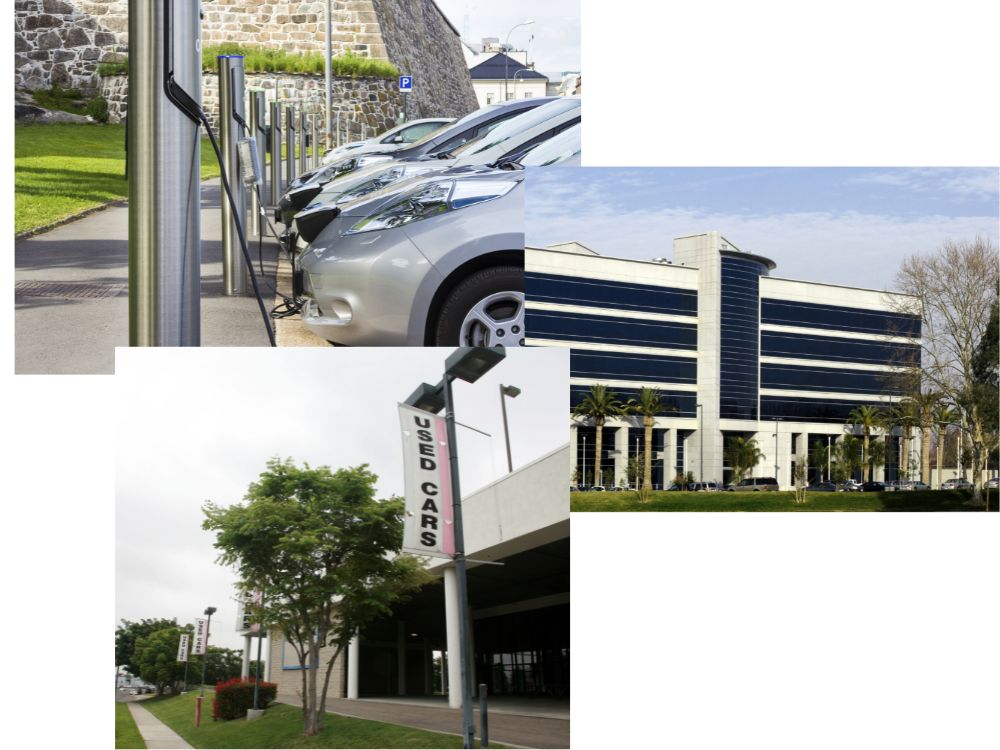
EV Charging Explained
There many examples of EV charging including:
- Auto Dealers / EV OEMs
- Shopping Malls & Retail Sites
- Fleet Management / Car Rental
- Corporate Office Buildings
- Convenience Stores & Filling Stations
- Hotels
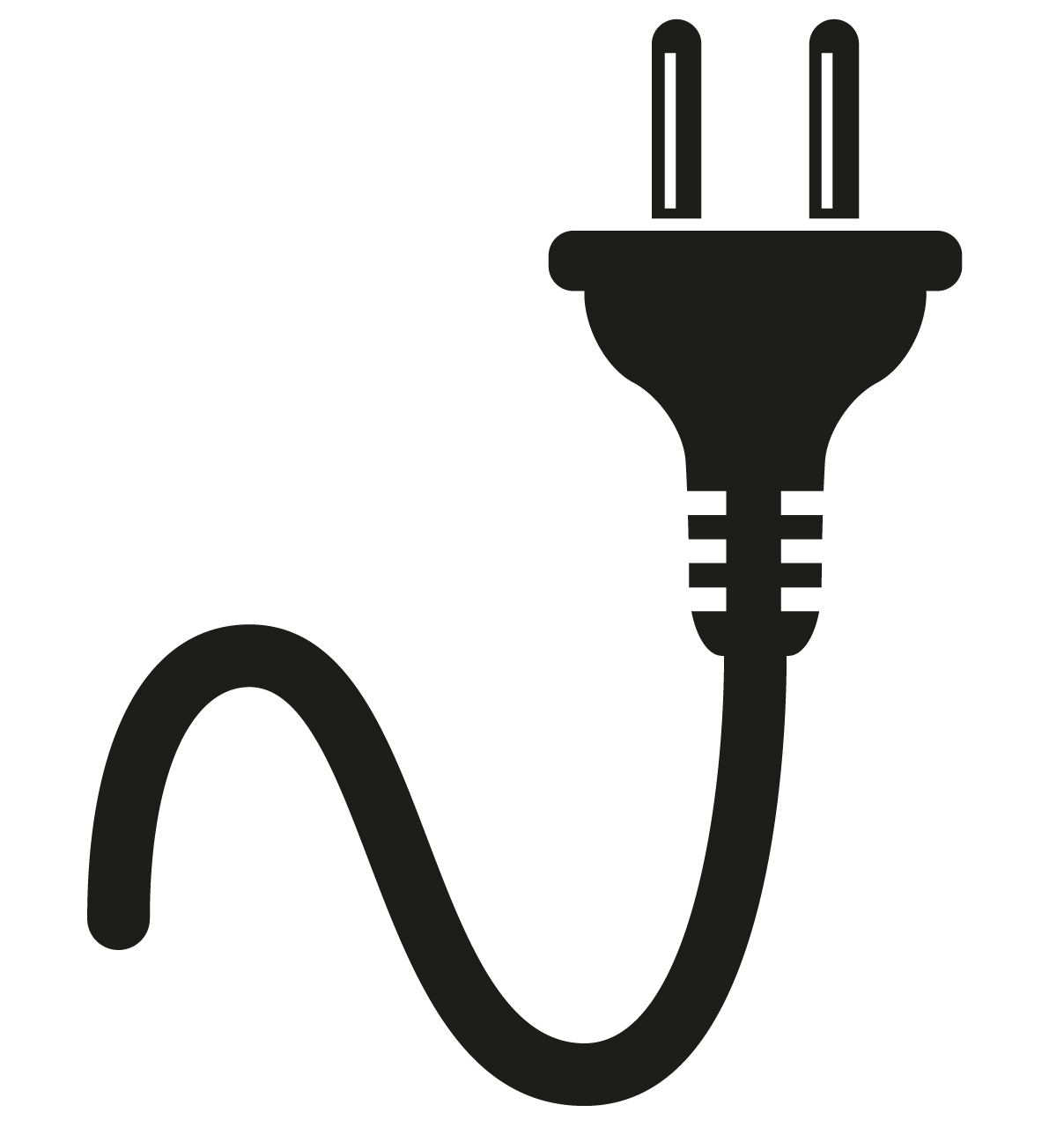
Level 1 Charging
Level 1 EV charging utilizes the slowest EV Charger available, which provides between 1kW and 1.8kW of power through a standard 120V AC outlet. Level 1 EV charging is typically what is used at a residential location and will take 22-40 hours to fully charge.

Level 2 Charging
Level 2 EV charging is much faster than level 1 and utilizes a 208V to 240V Ac outlet. Level 2 chargers provide up to around 20kW of power. Level 2 charging can recharge an EV in 2-13 hours depending on the power available.

Level 3 Charging
Level 3 charging (also known as DC Fast Charging) is significantly faster than Level 2 and typically utilizes a three-phase 480V AC outlet. Level 3 EV chargers can provide up to 360kW of charging power to recharge an EV in 15 minutes to 1.5 hours.
Solar (PV) Power
Solar (PV) Power Systems provide a reliable, proven source of DC power by converting sunlight directly to electricity. Utilizing Solar (PV) for EV Charging , makes a lot of sense as it’s a natural resource that requires minimal maintenance, has no ongoing fueling requirements, and has a very little negative impact on the environment. When paired with energy storage (batteries), electricity generated can be stored for later use.
At RedHawk Energy, we have over 40+ years of experience with the design, engineering and supply to Solar (PV) Power Systems for both off-grid (remote site) and grid-tie applications. Systems are configured for the specific geographical location and load demands of your application. Solar calculations and sizing is performed using the latest solar radiation data, surface meteorology data and software sizing programs.
Solar (PV) Mounting Options
We offer flexible mounting options to meet virtually any budget and/ or site requirement.
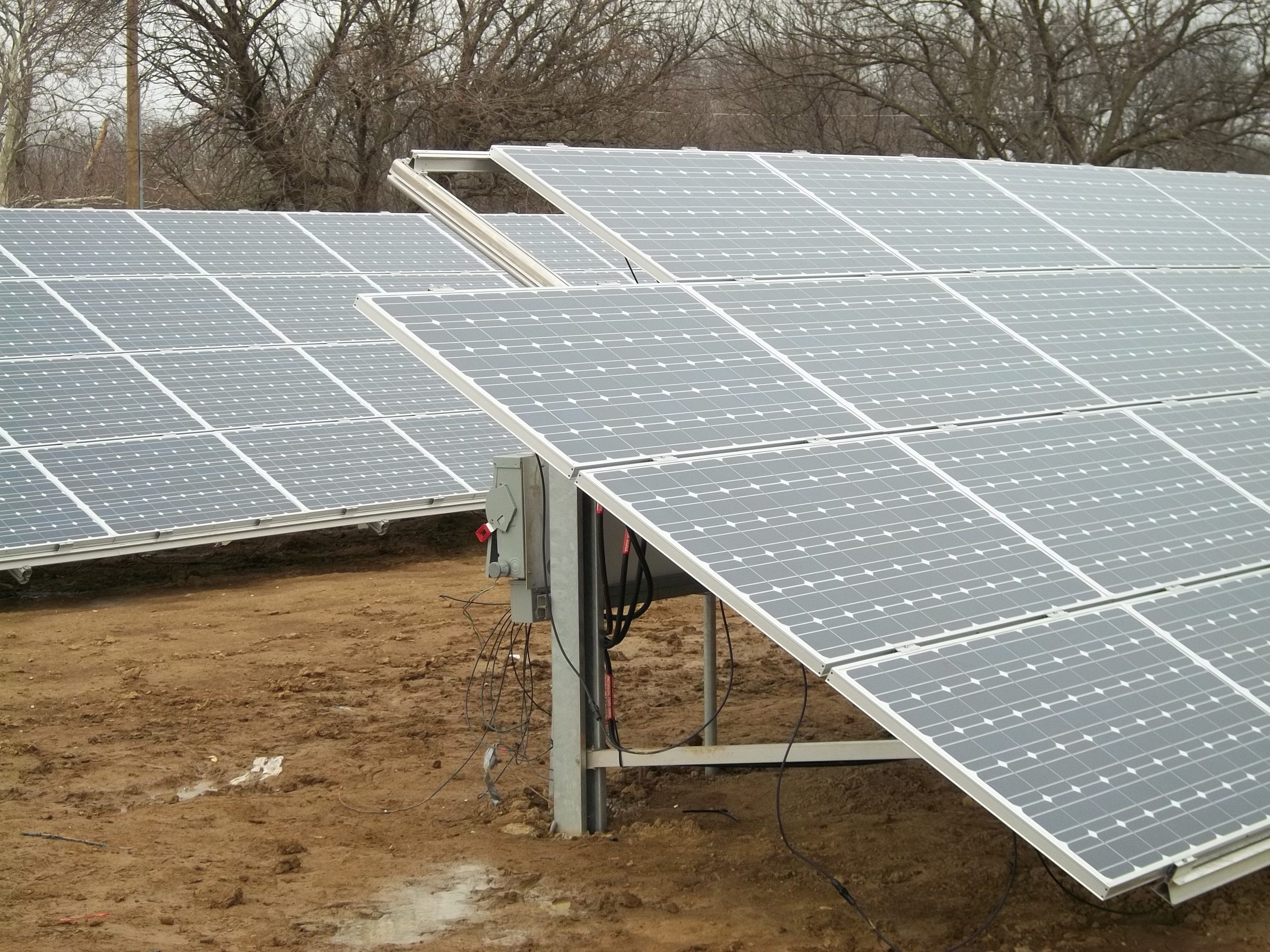
Ground
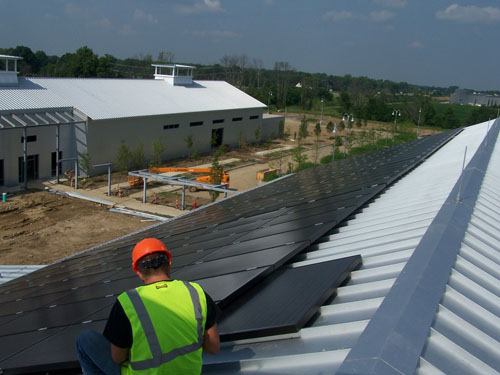
Roof
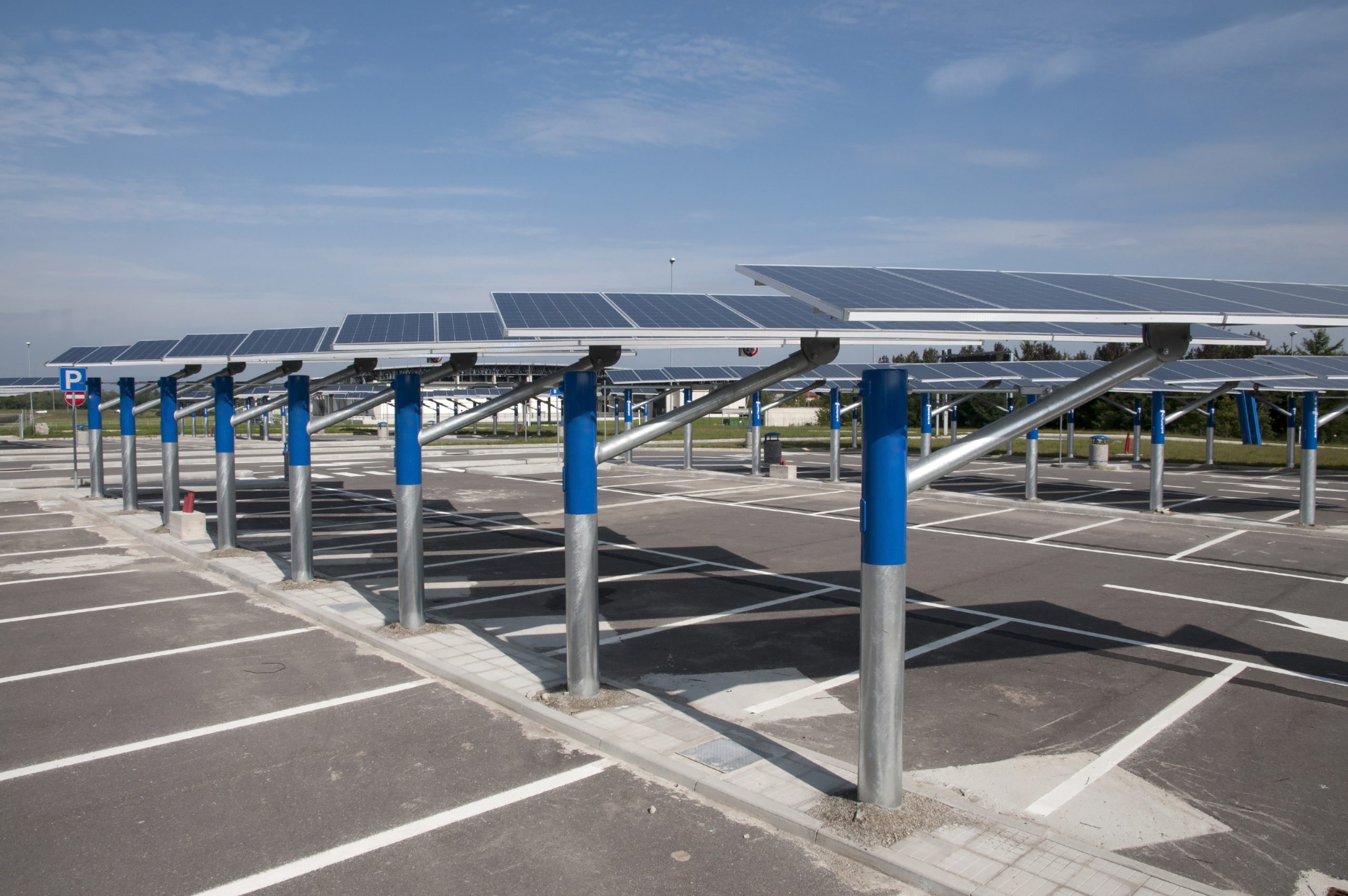
Platform / Carport
ANCILLARY EQUIPMENT
We can provide a range of components to complete the system including (but not limited to) the following:

Energy Storage
Energy Storage (batteries) is a vital component of both off-grid and grid-connected EV charging solutions. With its high energy density, lithium-ion is current the dominant battery technology for Energy Storage Sytems. Lithium-ion comes in a wide variety of chemistry combinations, with Nickel Manganese Colbalt (NMC) and Lithium Iron Phosphate (LFP) having the highest levels of maturity.
At RedHawk Energy, we have relationships and partnerships with several advanced battery technology manufacturers and can provide Energy Storage options to meet a wide range of requirements.
Benefits of Energy Storage
- Reduce EV Charging Costs – Shifts charging times when electricity is cheaper which can help reduce the cost of the energy used for charging EVs.
- Reduce Demand Charges – Helps reduce demand charges by storing electricity during low demand and releasing it when EV charging stations are in use.
- Improve Reliability & Resilience – Ability to provide backup power to EV charging stations in the event of a utility power outages or other disruption. This ensure that EVs can be charging even when the grid is unavailable.
- Increase EV Charging Capacity – Opportunity to increase the charging capacity of an EV charging station by storing excess electricity when demand is low and releasing it when demand is high. This also helps to avoid overloading the utility grid and reduce costly grid upgrades.
- Improve Efficiency – Improves overall efficiency of EV charging stations by reducing the amount of electricity lost during transmission and optimizing charging.
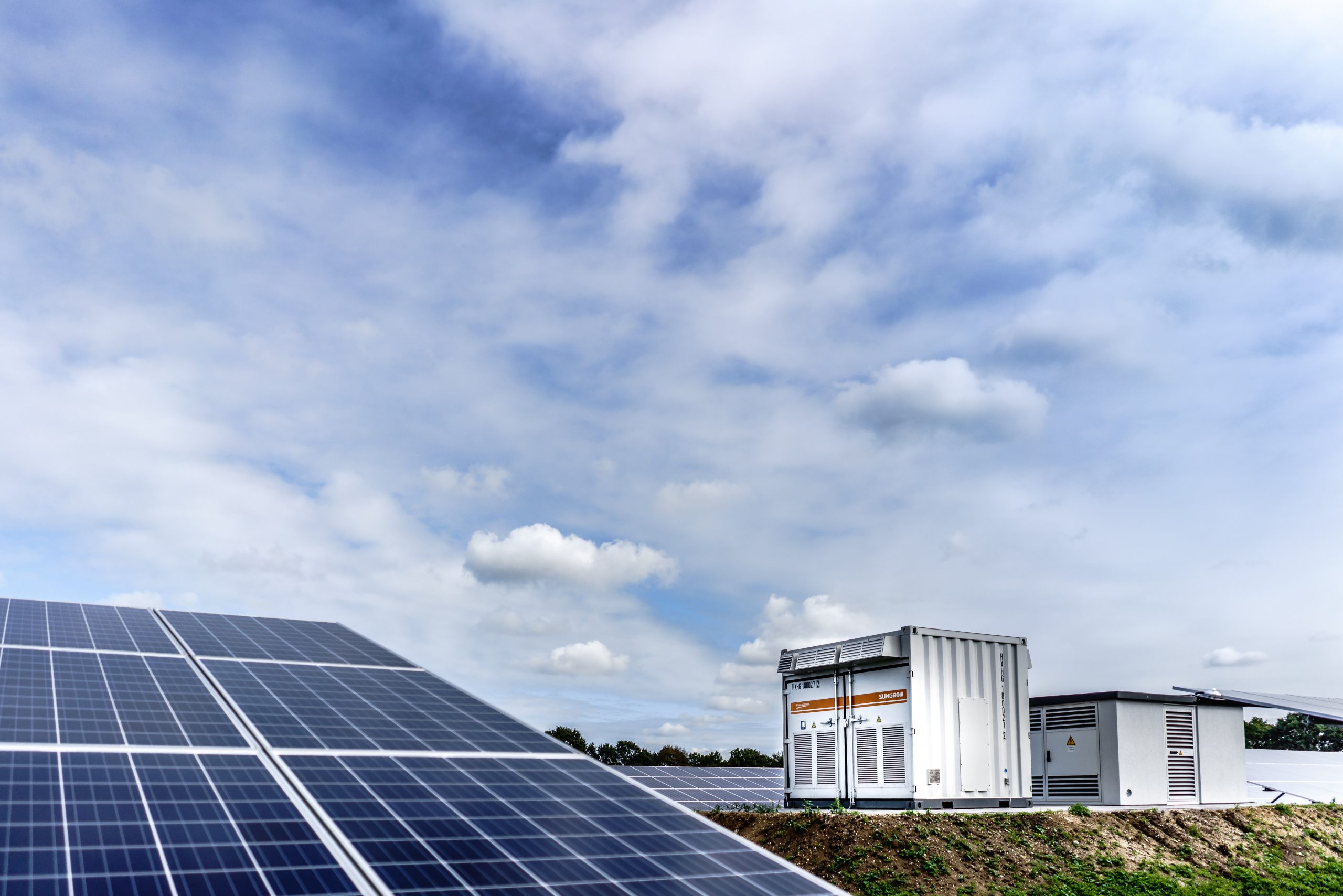

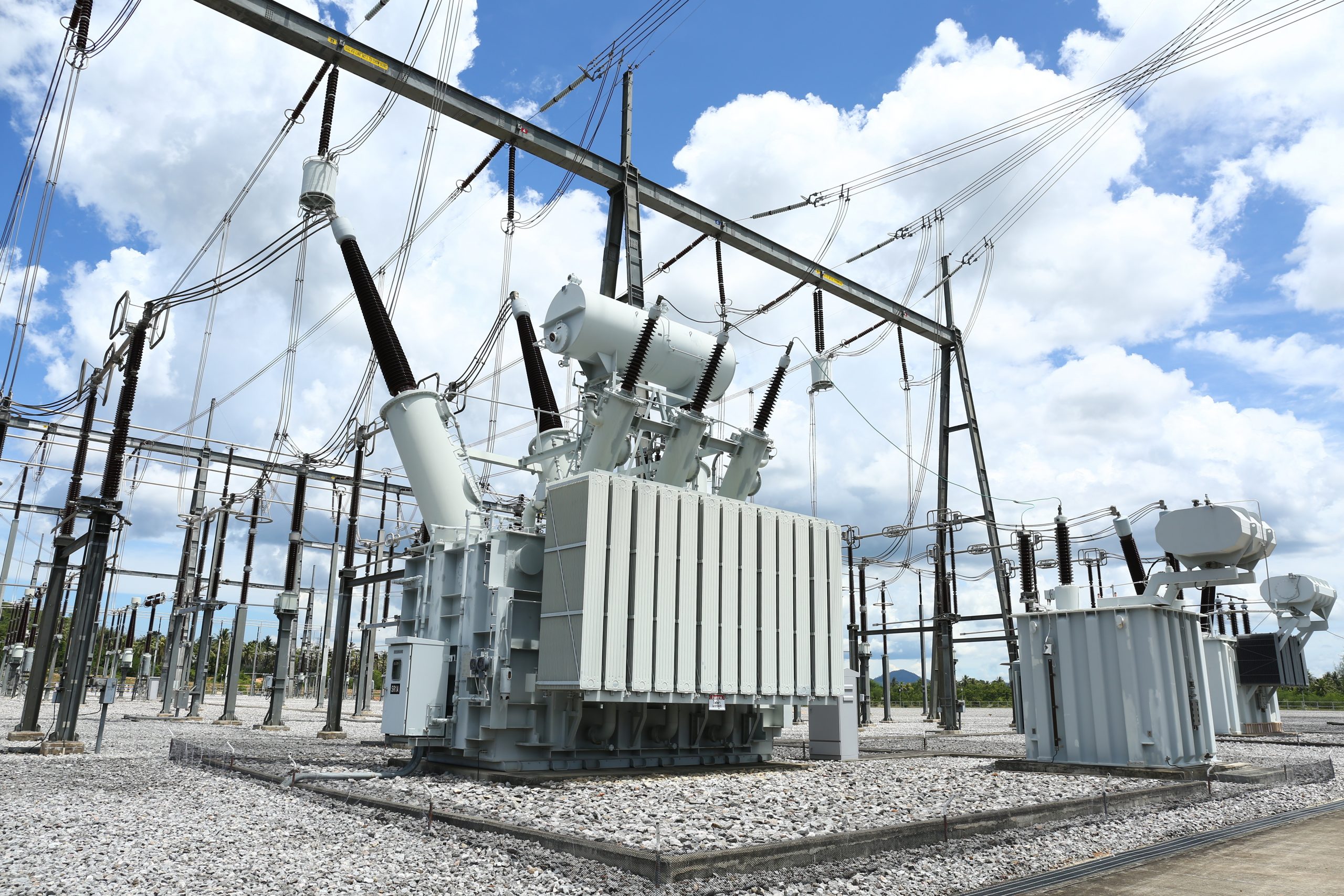
Alkaline Fuel Cells
Alkaline Fuel Cells (AFC) have the potential to play an important role in EV charging infrastructure as a means of providing power during peak demand and during times of outages. Alkaline Fuel Cells can generate clean, reliable, continuous, uninterrupted flow of power, in any weather condition. Compared to noisy, maintenance-intensive gas or diesel generators, Alkaline Fuel Cells powered by hydrogen or ammonia can generate zero-emission power quietly with minimal maintenance requirements.
At RedHawk Energy, we have a strategic partnership with GenCell Energy. GenCell’s EVOX technology integrates their Alkaline Fuel Cells with a battery-driven energy bridge for power storage and with energy monitoring and management software for grid-independence EV charging stations.
Benefits of Alkaline Fuel Cells
- Zero-Emissions Power – Matches the same zero-emission philosophy of Electric Vehicles (EV). Alkaline Cells carry out an electrochemical process combining hydrogen and oxygen to generate zero-emission power, with water and heat as the only byproducts.
- Extreme Weather Performance – Alkaline Fuel Cells can be deployed in a wide range of environments to provide reliable power to EV charging stations. Utilizing a liquid electrolyte (KOH), AFCs can operate at temperatures down to -40 degrees celsius (-40F) enabling them to operate in both warm and sub-freezing conditions.
- Improve Reliability & Resilience – Ability to provide backup power to EV charging stations in the event of a utility power outage or other disruption. This ensures that EVs can be charged even when the grid is unavailable.


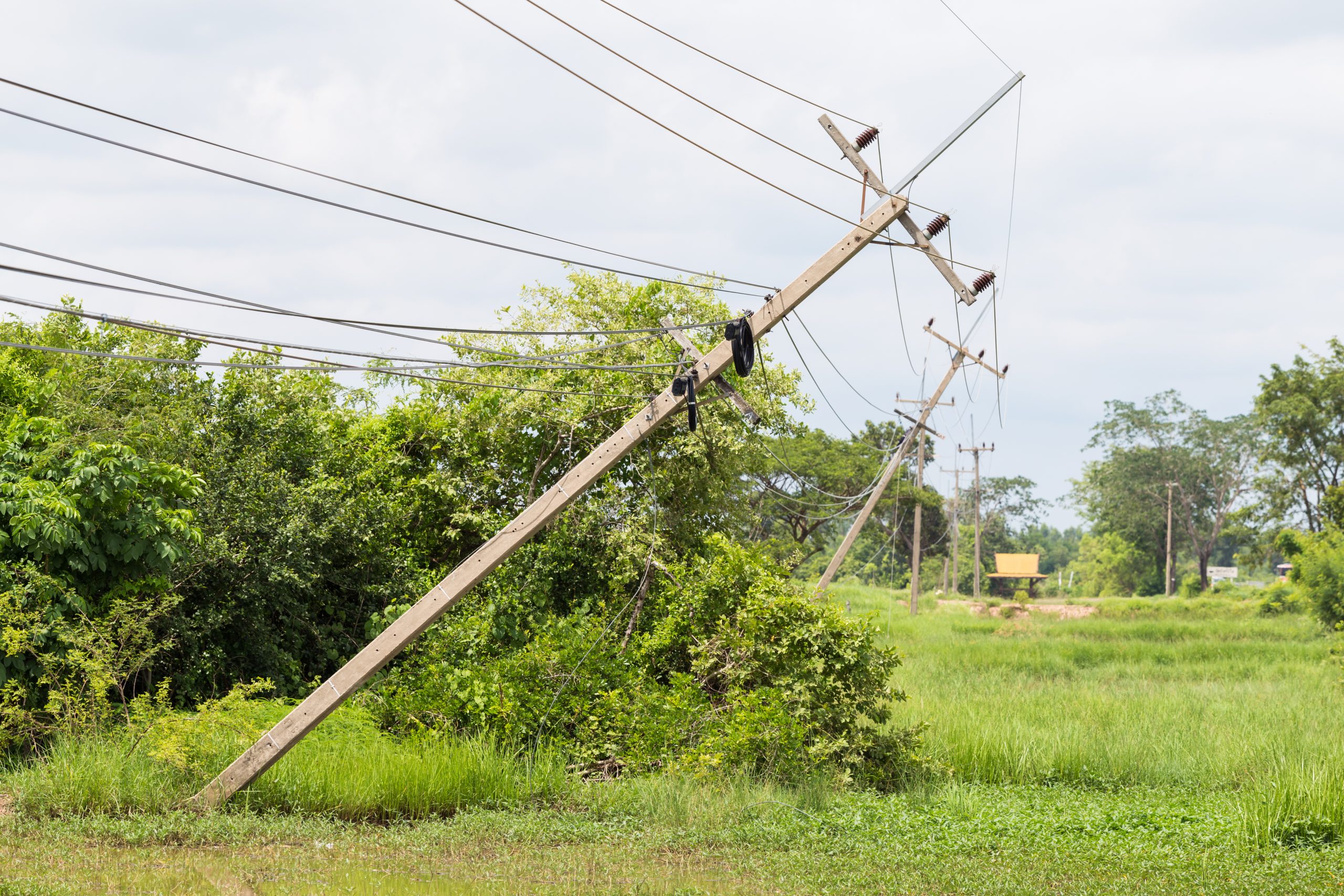
How We Can Help?
The biggest barrier to adoption of EVs is charging infrastructure. At RedHawk Energy, we’re poised to take own knowledge and experience with Solar (PV), Energy Storage, Fuel Cells and other advanced technologies to offer expanded EV charging power infrastructure options that are clean, green, and reliable.
- Technology Education – As a leader in the deployment of advanced energy technologies over the last 40+ years we are here to guide and educate you on the application considerations, advantages, and limitations of current technology.
- Feasibility Analysis – Over the years we’ve found that sometimes the option isn’t feasible. We pride ourselves on being honest with our customers. If the solution makes sense, we will let ou know. If the solution doesn’t make sense, we will be completely transparent.
- Design and Engineering – We have the personnel, tools, and experience necessary to design and engineer solutions with multiple components designed to cohesively operate together.
